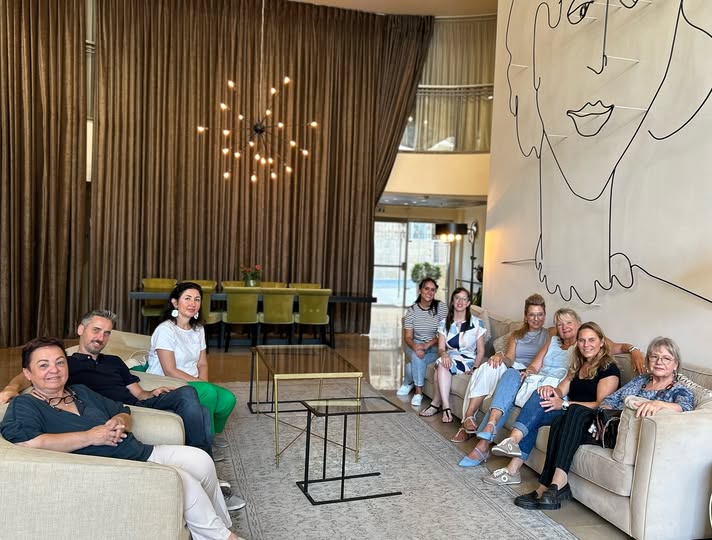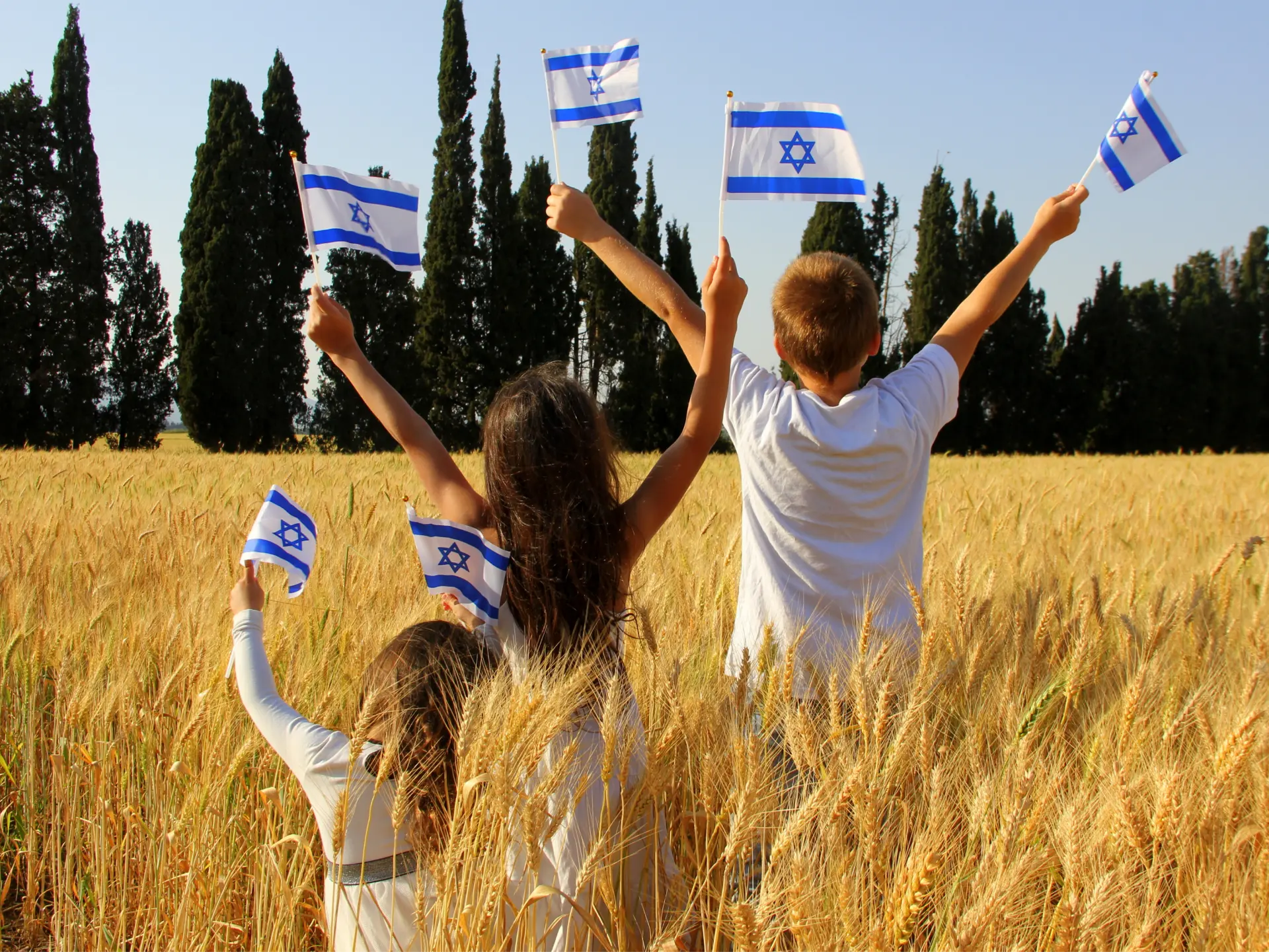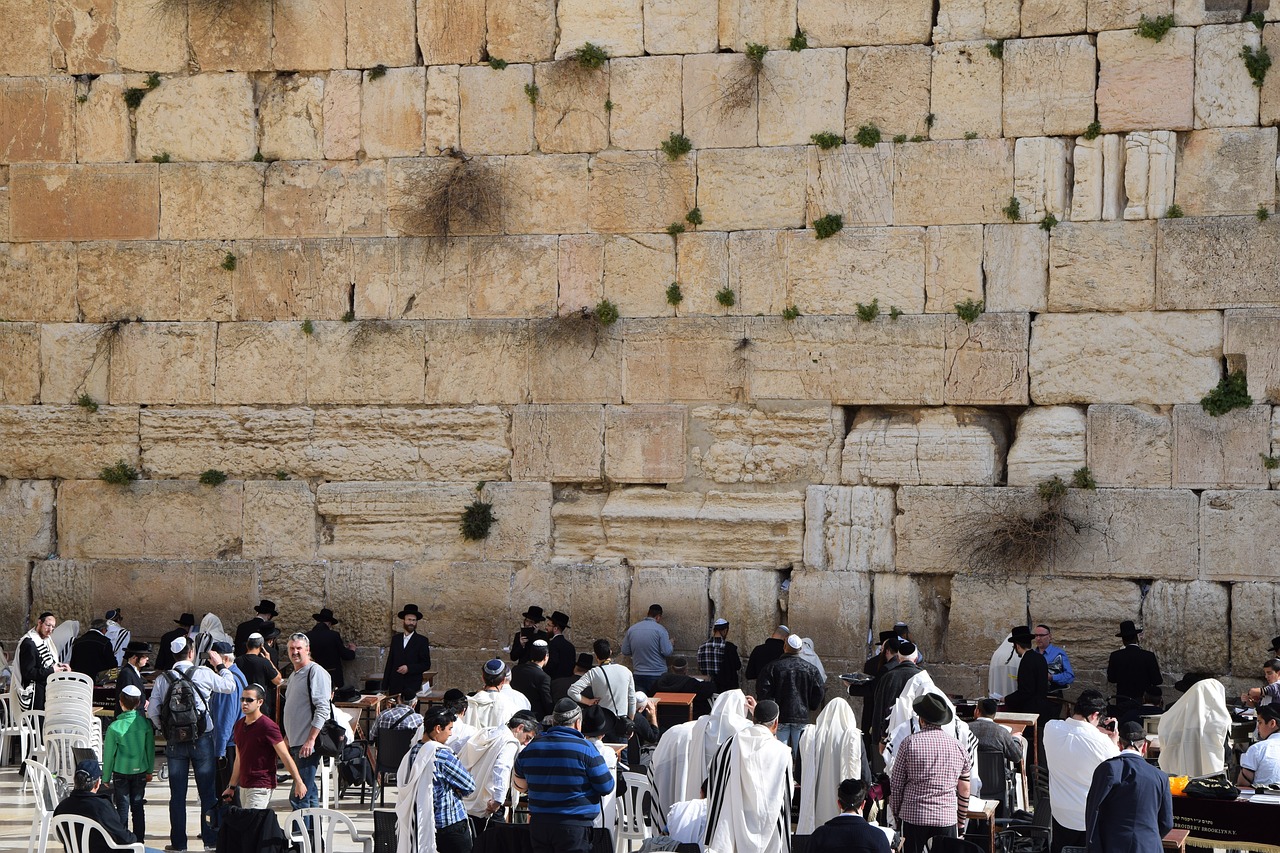Home » About Israel » Important Information
Important Information
Entry Requirements & Customs
Passport Validity: Your passport must be valid for at least 90 days beyond your intended date of departure from Israel.
ETA-IL (Electronic Travel Authorization): As of January 1, 2025, travelers from visa-exempt countries are required to obtain an
ETA-IL before traveling to Israel.
- Application Timing: Apply at least 72 hours before your departure.
- Validity: Valid for up to 2 years or until your passport expires, whichever comes first.
- Duration of Stay: Allows stays of up to 90 days per visit.
- Cost: 25 NIS (approximately $7 USD).
- Application Process: Submit your application online with your passport details, a valid email address, and a payment method.
- Processing Time: Most applicants receive immediate approval; however, some may take up to 72 hours.
- Denial: If denied, you will need to apply for a visa at an Israeli consulate.
Visa Requirements: Travelers from countries not exempt from visas must obtain a B/2 tourist visa prior to arrival.
Passport Stamping: Israel no longer stamps passports upon entry or exit. Instead, visitors receive a separate entry card (“blue slip”) that should be kept with your passport during your stay. This policy helps prevent complications when traveling to certain countries that may restrict entry to individuals with evidence of travel to Israel.
Emergency Contacts
Magen David Adom (Emergency Medical Services):
- Tel Aviv: 03-5460111
- Jerusalem: 02-6523133
- Haifa: 04-8512233
Tourist Police: 03-5165382 (Located at Geula and Herbert Samuel Streets, Tel Aviv)
Yom Kippur & Shabbat Observance
- Yom Kippur: The holiest day in the Jewish calendar. Everything shuts down, including airports, businesses, and public transport.
- Shabbat (Friday evening to Saturday evening): Limited services, with most businesses and public transport closed.
Money & Currency
The official currency is the New Israeli Shekel (NIS).
- Banknotes: NIS 20, 50, 100, and 200.
- Coins: NIS 10, 5, 2, 1, and 50, 10 agorot.
Foreign currency can be exchanged at airports, banks, post offices, hotels, and licensed exchange agencies. ATMs accepting international cards are widely available.
VAT and Taxes
Tourists who do not hold an Israeli passport may be eligible for a VAT refund at participating stores.
- Minimum purchase: ILS 400.
- Items must be for personal use (excluding food, drinks, and tobacco).
- Refunds are processed at the ‘MILGAM’ counter at the airport.
Tipping & Bargaining
- Restaurants: A 12% tip is customary if service is not included.
- Hotels: Tipping bellhops and service staff is common.
- Taxis: Tipping is not mandatory, but rounding up is appreciated.
- Markets: Bargaining is common in open-air markets.
Duty-Free Allowances
- Personal items, including clothing, shoes, and cosmetics, in reasonable quantities.
- Alcohol: Up to 1L of hard liquor and 2L of wine (for travelers 17+ years old).
- Tobacco: Up to 250g (for travelers 17+ years old).
- Gifts & other items: Up to $200 in value.
- Food: Up to 3 kg total, with no single type exceeding 1 kg.
Distances in Israel
Israel is a compact country, making travel between cities and attractions quick and convenient. The country spans approximately 470 km (290 miles) from north to south and 135 km (85 miles) at its widest point. Major cities and tourist destinations are well connected by highways and public transportation.
Cultural Sensitivity
Visitors should dress modestly and respectfully in religious areas and be aware of local customs to ensure a positive experience.











